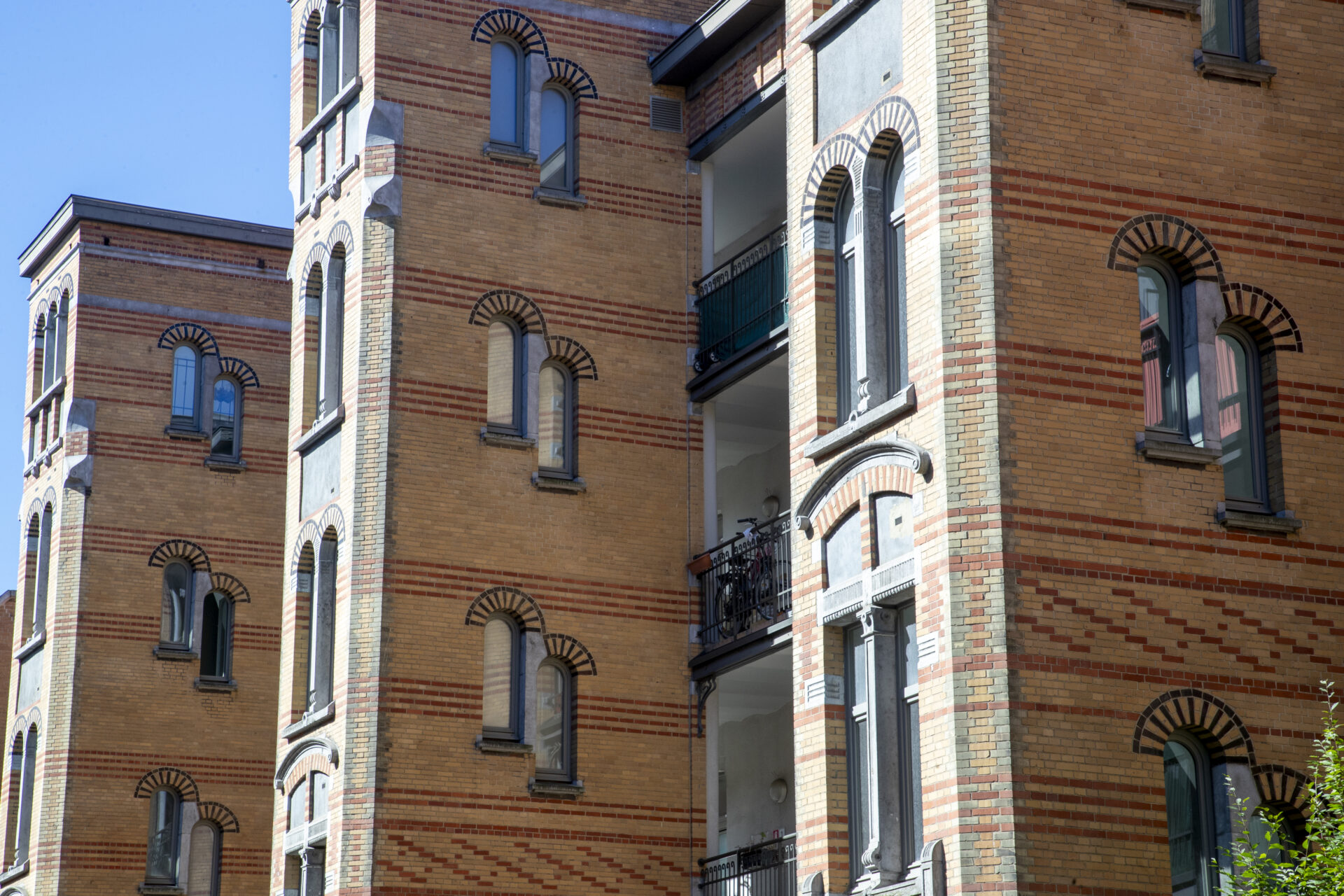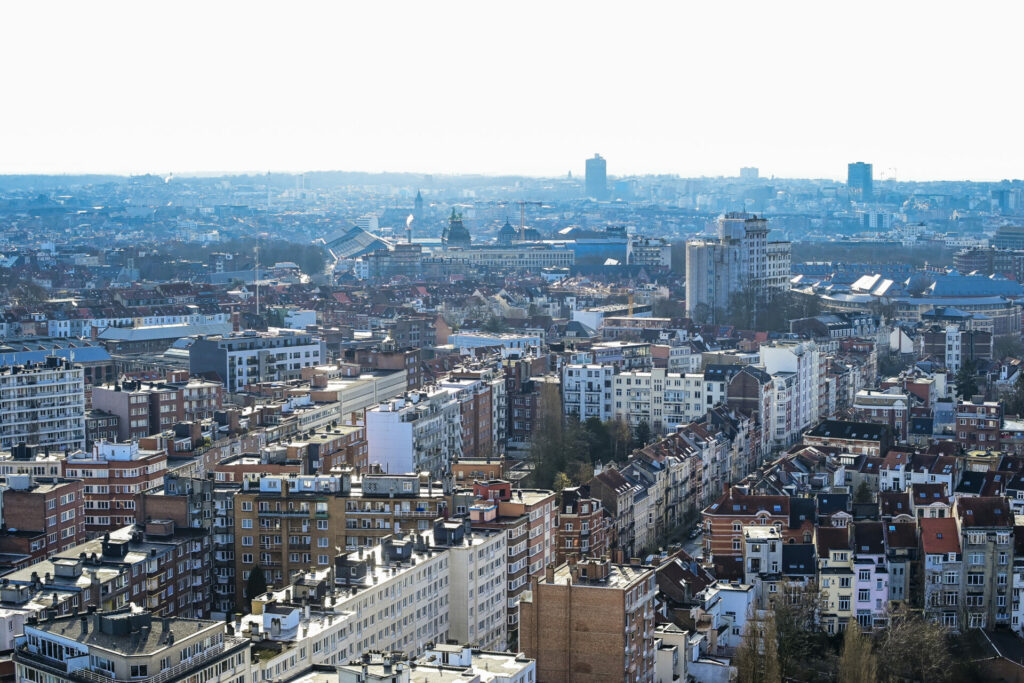A report from the Organisation for Economic Co-operation and Development (OECD) warns that the Brussels-Capital Region is suffering an "acute housing crisis" which unevenly affects the population.
The report examined multiple economic and demographic aspects of the region. Its findings highlight the 'Brussels Paradox': a region which enjoys relative wealth (it accounts for 18% of Belgian GDP) but its population endures poor social conditions, especially when it comes to housing.
The average household income is significantly lower than the GDP per capita at €20,400 compared to €24,900 in Paris and €32,100 in London. Real estate is less expensive than in other capitals, but prices have exploded in less than 25 years, rising by 170% between 1996 and 2020 compared to an OECD country average of less than 50%.
Soaring prices have prevented many from getting on the property ladder in the first place. 60% of Brussels are renters, and rent prices rose by 20% between 2004 and 2018, making them markedly higher than the 3.3% OECD average.
Social inequality
There are large differences between household incomes depending on the municipality. In Woluwe-Saint-Pierre, for instance, the average household earned €26,800 in 2019, which is 1.7 times more than the average household income in Saint-Josse-ten-Noode (€16,200).
While the average household spends 35% of its income on housing, this rises to 43% for those living precariously, normally concentrated in the croissant pauvre, neighbourhoods located near the canal or in the industrial zone. The OECD average is 22%.
In addition to difficulties in accessing the property market and exorbitant rent increases, the same section of the population is faced with an insufficient supply of social housing.
While the region's population grew by 25% between 2005 and 2020, housing available has stayed more or less the same. However, waiting lists have doubled, and almost half of households requesting social housing meet the eligibility criteria.

An Art Nouveau building for a social housing project, in Brussels on Sunday 20 August 2023. Credit: Belga / Nicolas Maeterlinck
The OECD acknowledges long-term strategies in place to resolve these issues, but points to structural barriers preventing long-term improvement. In terms of housing, it decries both a lack of funding and a permit system that is too complex.
Brussels must do everything it can to improve its supply of affordable housing by reviewing and streamlining the permit process. This could also be done by making urban development rules more flexible, and by incentivising developers with tax breaks, the organisation argues.
It also suggests granting increased development powers to municipalities in exchange for a greater provision of social housing. This point is part of the report's wider commentary on fragmented governance within the Brussels-Capital Region and a need to centralise decision-making processes.

